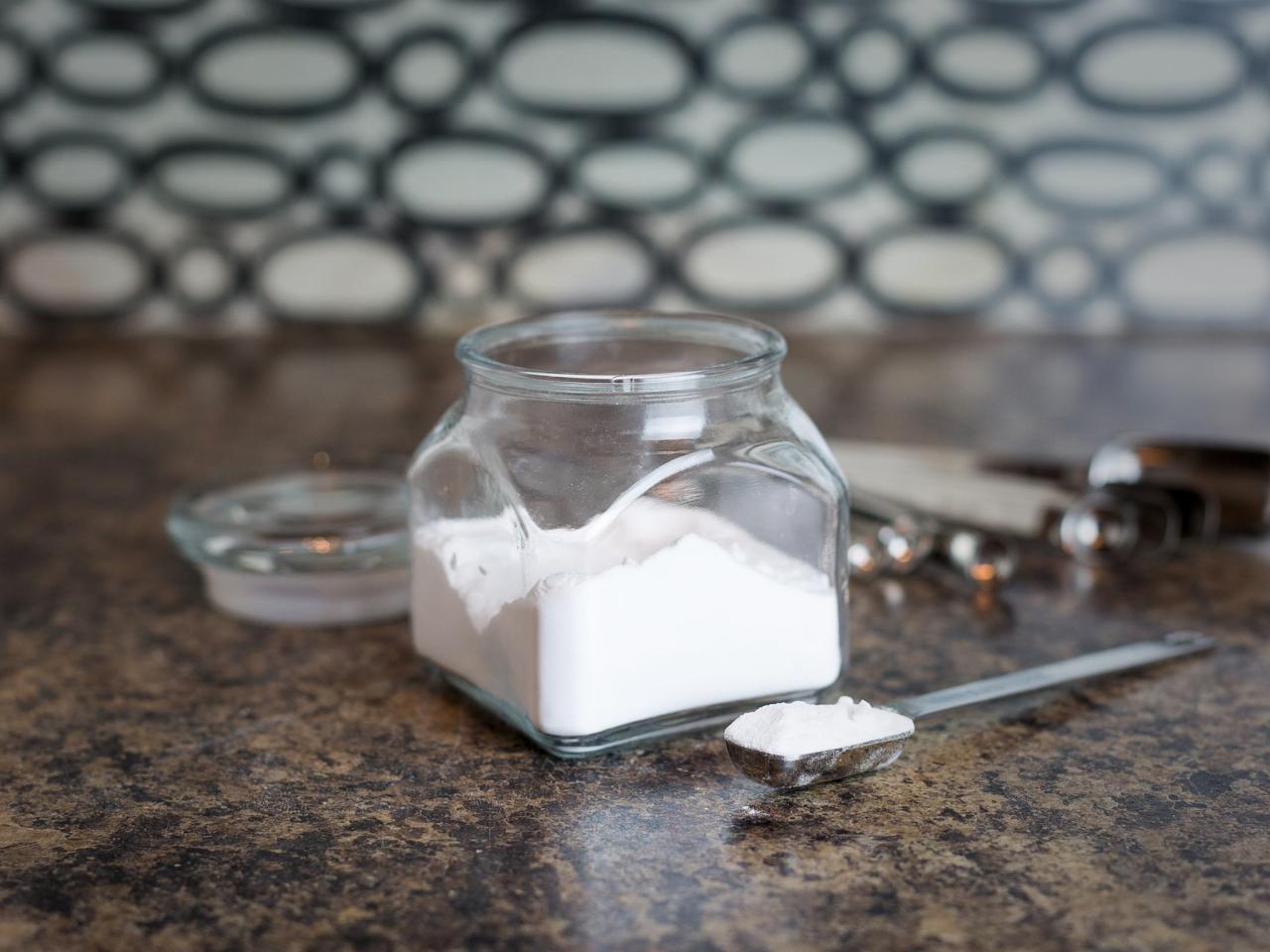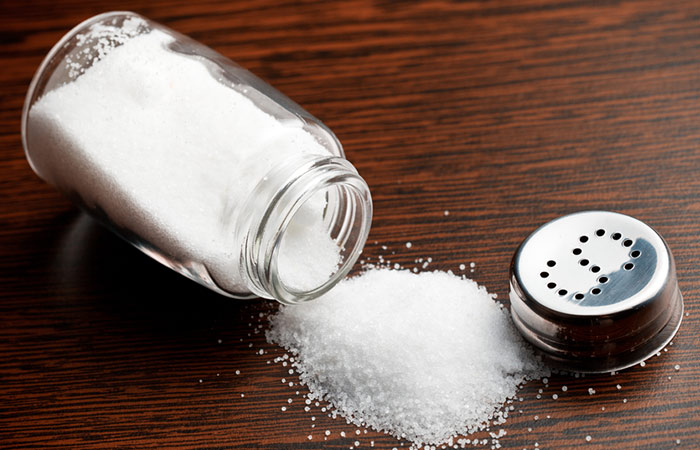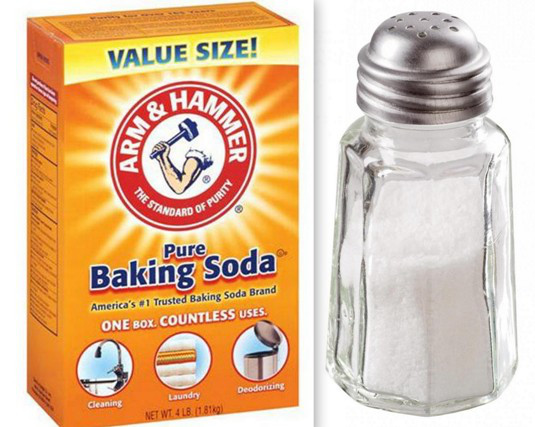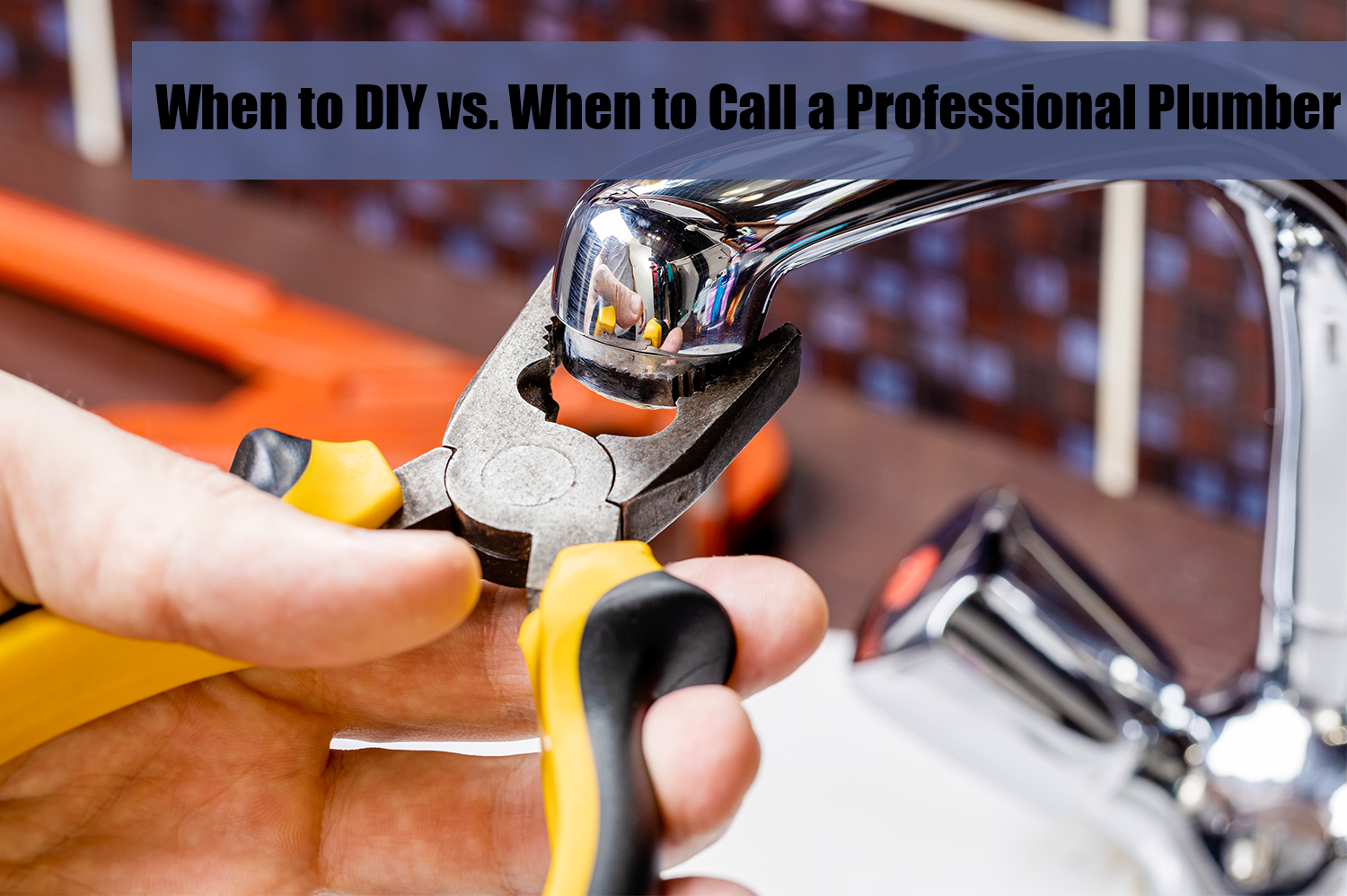If your kitchen sink is clogged, the first tool you should reach for is a plunger. This trusty tool can help dislodge any blockages in your pipes by creating suction and pressure. Make sure to cover the overflow drain with a wet cloth or tape before plunging, and use quick, forceful plunges to help clear the clog.1. Use a Plunger
If the plunger doesn't do the trick, try pouring boiling water down the drain. This can help dissolve any grease or buildup that may be causing the clog. For an extra boost, you can also add some dish soap or baking soda to the boiling water and let it sit for a few minutes before flushing it down with more hot water.2. Pour Boiling Water Down the Drain
If boiling water doesn't work, it's time to bring out the baking soda and vinegar. This combination creates a chemical reaction that can help break down and dissolve any clogs in your pipes. Simply pour a cup of baking soda down the drain, followed by a cup of vinegar. Let it sit for a few minutes before flushing it with hot water.3. Use a Mixture of Baking Soda and Vinegar
If the clog is stubborn and won't budge, you may need to use a commercial drain cleaner. These cleaners contain chemicals that can dissolve tough blockages, but make sure to follow the instructions carefully and wear protective gear. Keep in mind that these cleaners can also be harmful to your pipes, so use them sparingly.4. Try a Commercial Drain Cleaner
If all else fails, a plumbing snake or auger may be your best bet. This long, flexible tool can reach deep into your pipes and break apart any clogs. Insert the snake into the drain and turn the handle to feed it through the pipes. Once you feel resistance, twist and push the snake to break up the clog.5. Use a Plumbing Snake
In some cases, the clog may be located in the P-trap under your sink. This curved pipe is designed to trap debris and prevent it from going further into your pipes. Use a wrench to loosen the connections and remove the trap. Clean it out thoroughly before reattaching it and running water to see if the clog has been cleared.6. Remove and Clean the P-Trap
If you have a wet/dry vacuum, you can also use it to help clear a clogged kitchen sink. First, set the vacuum to wet mode and cover the vent with a cloth or tape. Then, place the hose over the drain and turn on the vacuum to suction out the clog. This method works well for solid blockages like food or debris.7. Use a Wet/Dry Vacuum
For a more natural approach, you can create your own drain cleaner using salt and baking soda. Mix equal parts of both ingredients and pour the mixture down the drain. The coarse texture of the salt and the fizzing action of the baking soda can help break apart and dissolve clogs.8. Try a Homemade Drain Cleaner with Salt and Baking Soda
If the previous homemade drain cleaner doesn't work, you can also try adding vinegar to the mix. The vinegar will react with the baking soda and salt, creating a powerful solution that can help clear tough clogs. Let the mixture sit for a few minutes before flushing it with hot water.9. Use a Combination of Salt, Baking Soda, and Vinegar
If none of these DIY methods work, it's time to call in the professionals. A licensed plumber has the tools and expertise to handle even the toughest clogs and can also inspect your pipes for any potential issues. They can also give you advice on how to prevent future clogs in your kitchen sink. Don't let a clogged kitchen sink ruin your day. With these 10 tips, you can easily clear the blockage and get your sink back to working order. Remember to be cautious when using chemical cleaners and always call a professional if you feel uncomfortable or unsure about handling the clog on your own. Keep your kitchen sink clear and your plumbing happy with these helpful solutions.10. Call a Professional Plumber
Preventing Future Clogs

Invest in a Good Strainer
 One of the simplest ways to prevent future clogs in your kitchen sink is to invest in a good strainer. These inexpensive devices sit on top of your drain and catch any food scraps or debris before they can make their way into your pipes. This not only helps prevent clogs, but also makes it easier to clean your dishes without worrying about food particles getting stuck in the drain.
One of the simplest ways to prevent future clogs in your kitchen sink is to invest in a good strainer. These inexpensive devices sit on top of your drain and catch any food scraps or debris before they can make their way into your pipes. This not only helps prevent clogs, but also makes it easier to clean your dishes without worrying about food particles getting stuck in the drain.
Dispose of Cooking Grease Properly
 Cooking grease
is one of the biggest culprits when it comes to clogging kitchen sinks. When hot grease is poured down the drain, it can solidify and create a sticky barrier that traps other debris and causes major clogs. Instead of pouring it down the drain, let it cool and then dispose of it in the trash. You can also use a
grease trap
to collect any excess grease while cooking.
Cooking grease
is one of the biggest culprits when it comes to clogging kitchen sinks. When hot grease is poured down the drain, it can solidify and create a sticky barrier that traps other debris and causes major clogs. Instead of pouring it down the drain, let it cool and then dispose of it in the trash. You can also use a
grease trap
to collect any excess grease while cooking.
Run Hot Water After Each Use
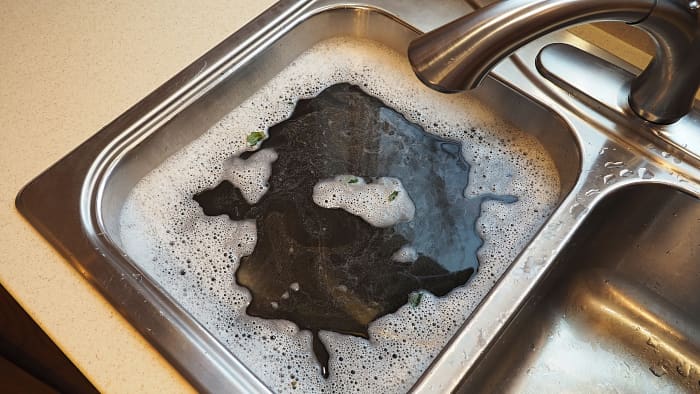 After using your kitchen sink, it's important to run hot water down the drain for at least 30 seconds. This helps flush out any remaining food particles or grease that may be clinging to the sides of your pipes. It also helps to melt any small buildups that could eventually lead to a clog.
After using your kitchen sink, it's important to run hot water down the drain for at least 30 seconds. This helps flush out any remaining food particles or grease that may be clinging to the sides of your pipes. It also helps to melt any small buildups that could eventually lead to a clog.
Regularly Clean Your Pipes
 Just like any other part of your home, your kitchen sink pipes need to be cleaned regularly to prevent clogs. You can purchase a
commercial drain cleaner
or make your own using a mixture of baking soda and vinegar. Pour this down your drain and let it sit for a few minutes before rinsing with hot water.
Just like any other part of your home, your kitchen sink pipes need to be cleaned regularly to prevent clogs. You can purchase a
commercial drain cleaner
or make your own using a mixture of baking soda and vinegar. Pour this down your drain and let it sit for a few minutes before rinsing with hot water.
In addition to these preventative measures, it's also important to be mindful of what you're putting down your kitchen sink. Avoid throwing large food scraps down the drain and try to scrape excess food into the trash before washing dishes. By following these tips and regularly maintaining your kitchen sink, you can prevent future clogs and keep your sink running smoothly for years to come.



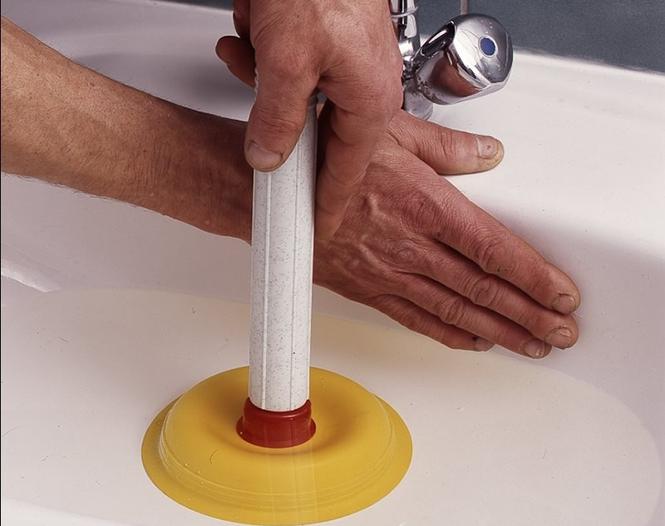
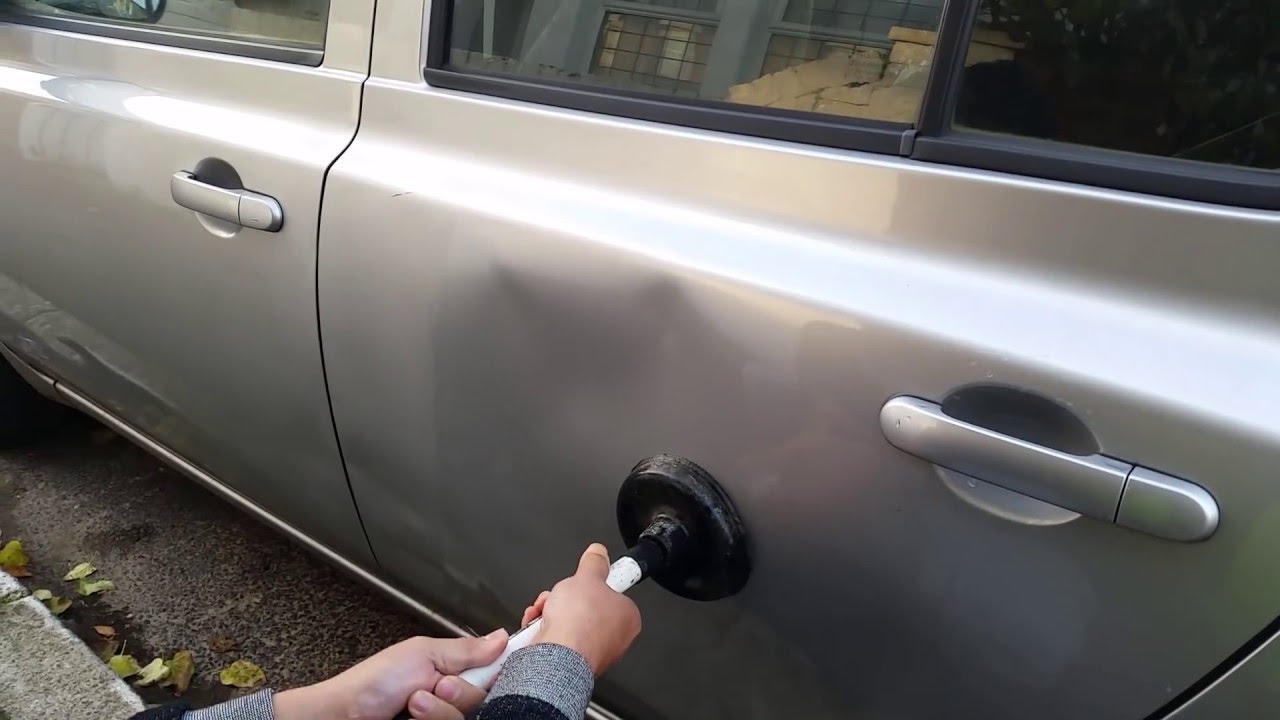
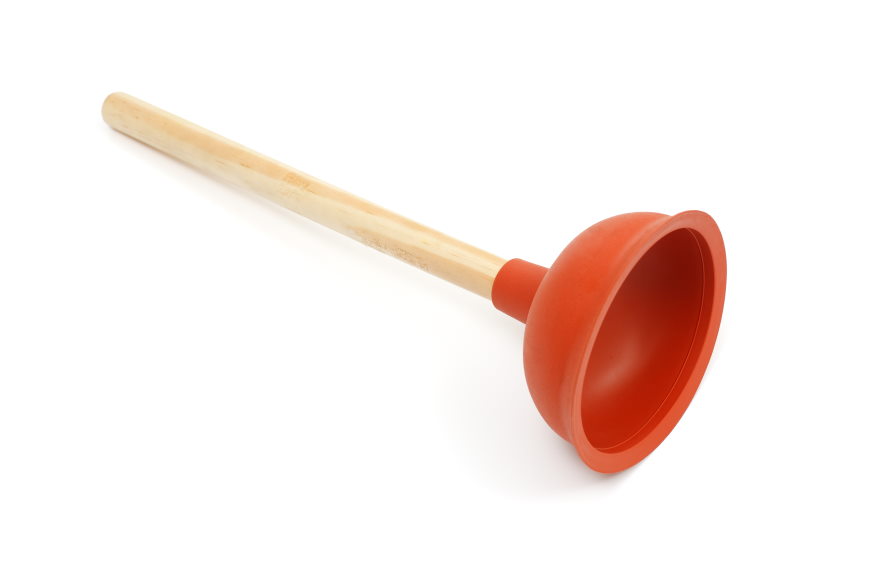

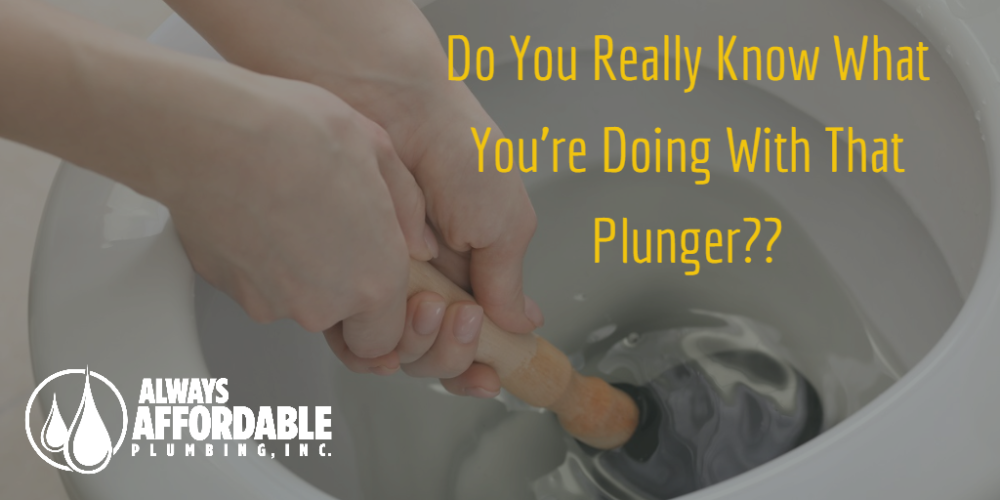


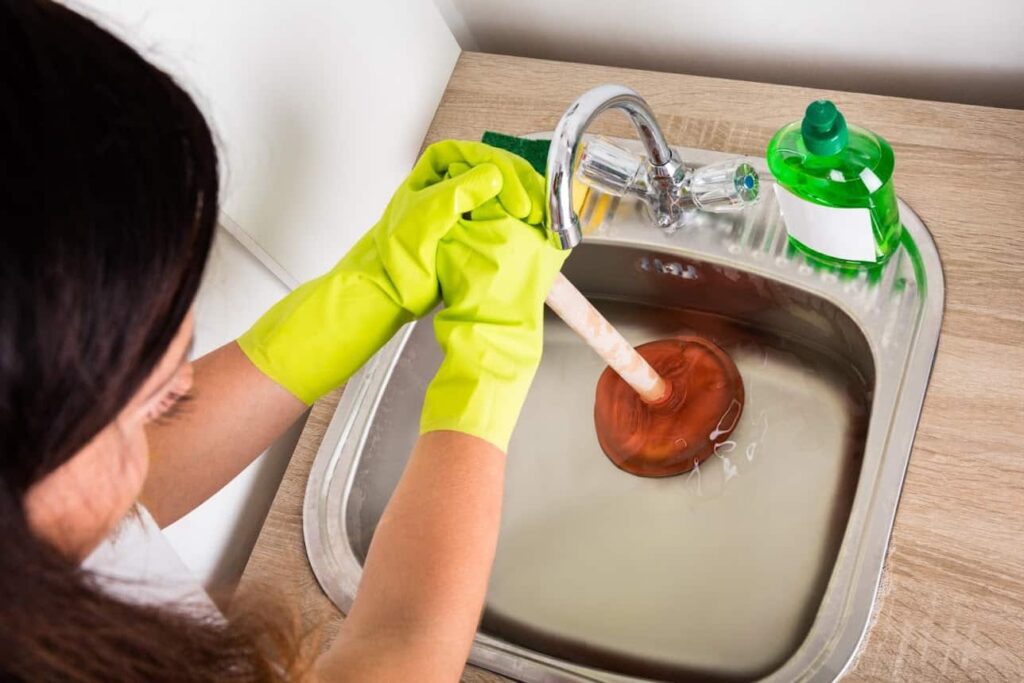




.jpg?time=1689761045394)
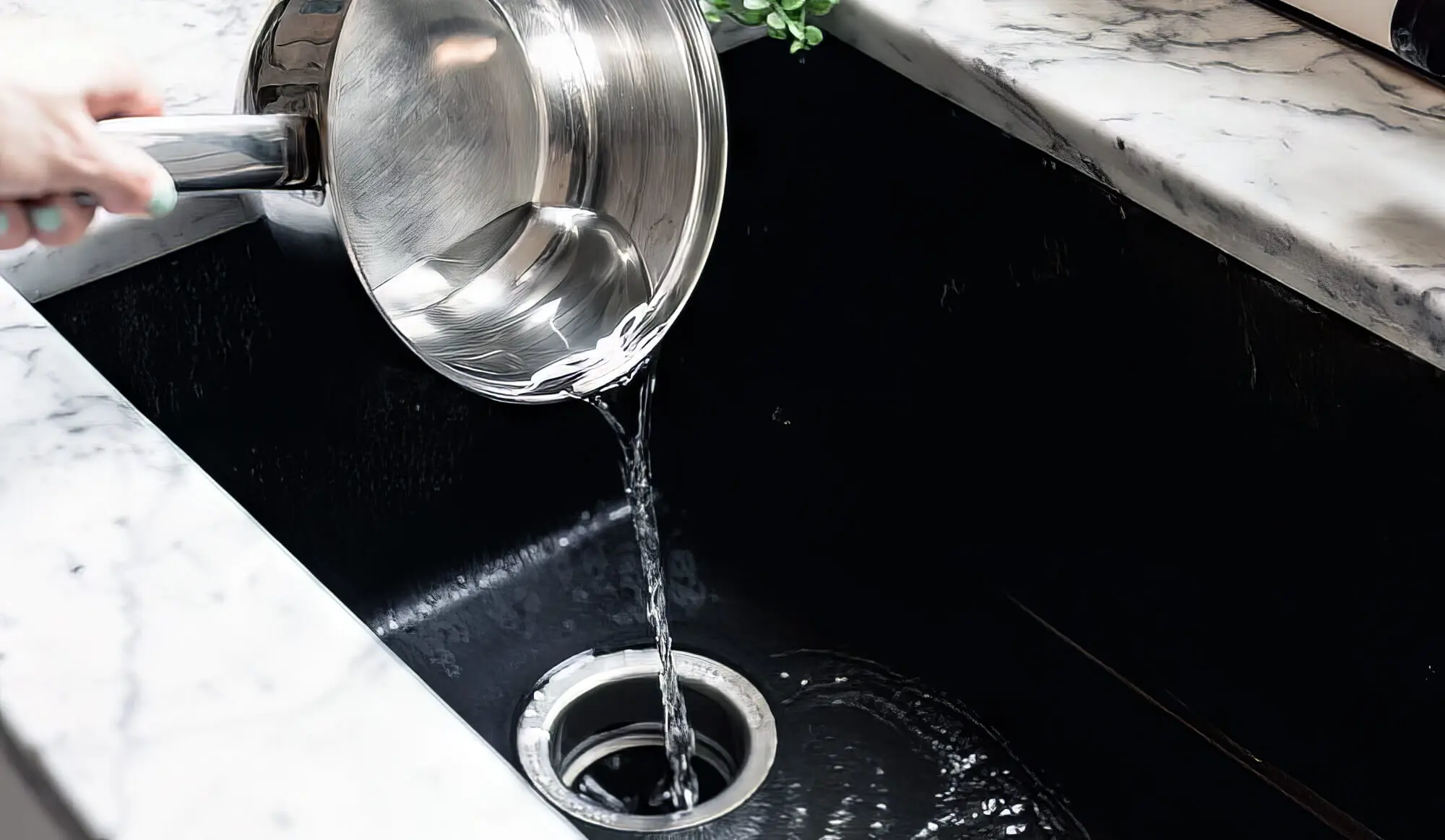


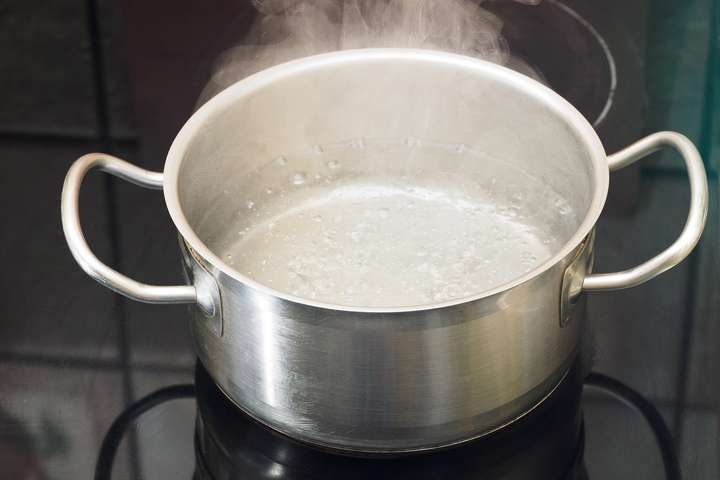
:max_bytes(150000):strip_icc()/GettyImages-1459148353-279aed56a15749c2a7310a882dbe3571.jpg)




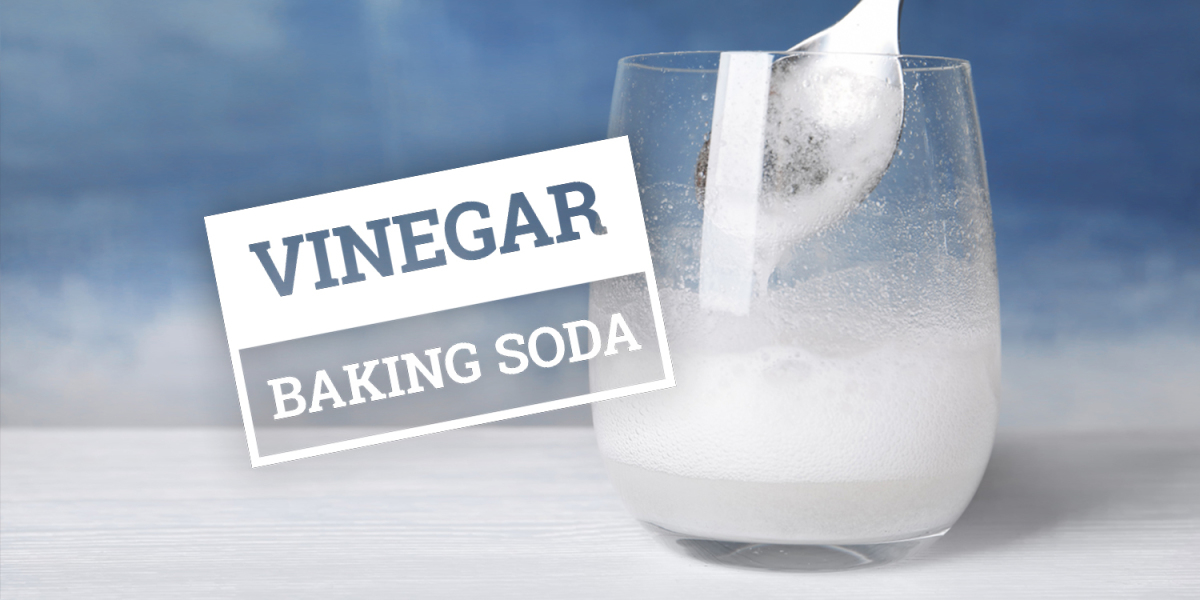

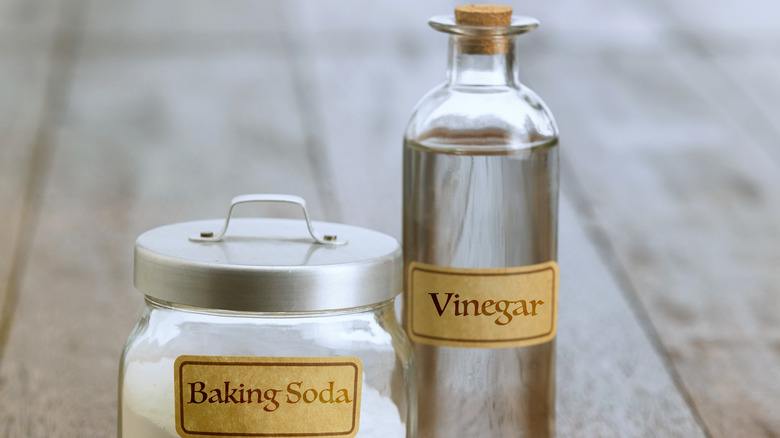








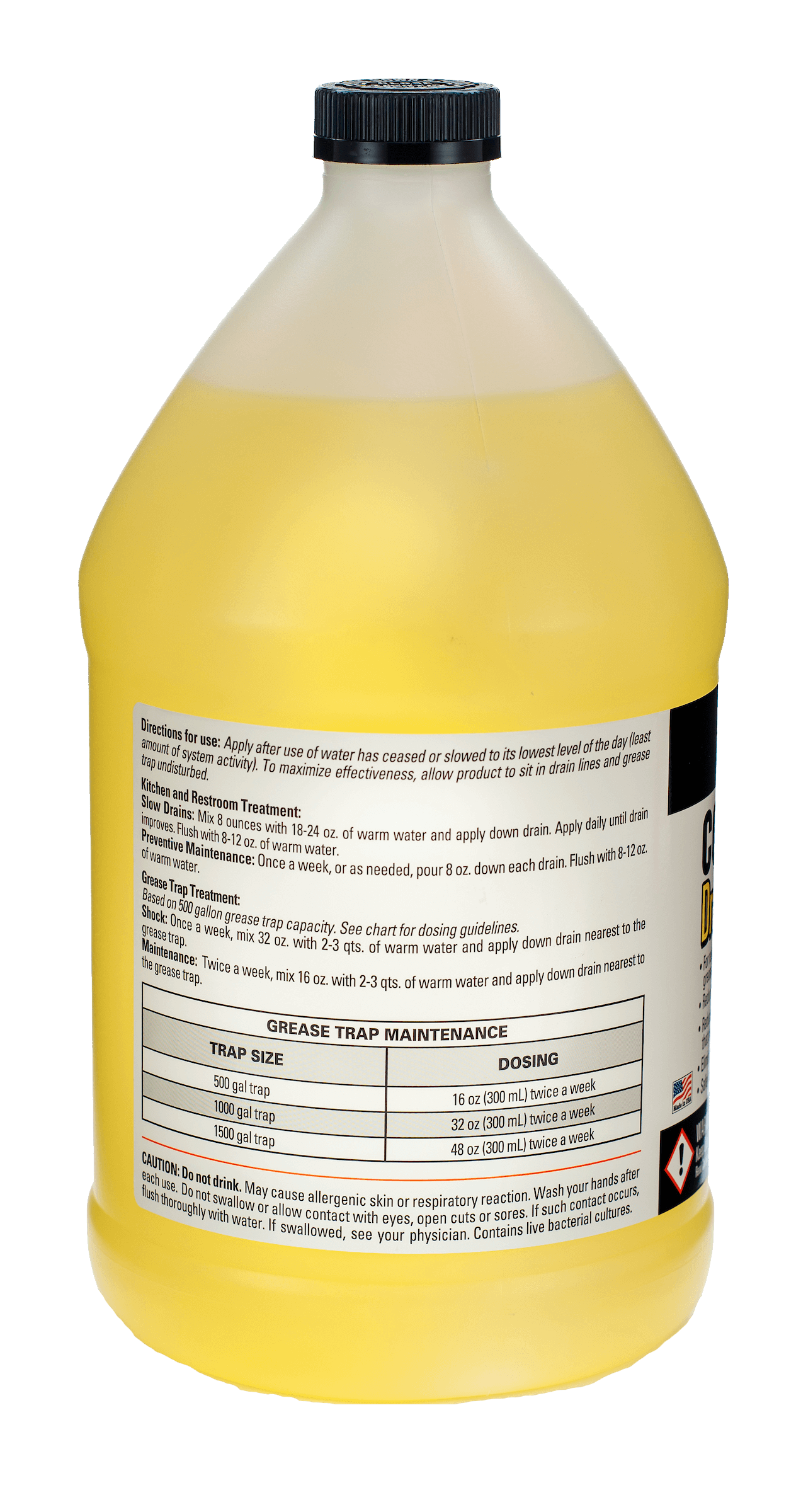



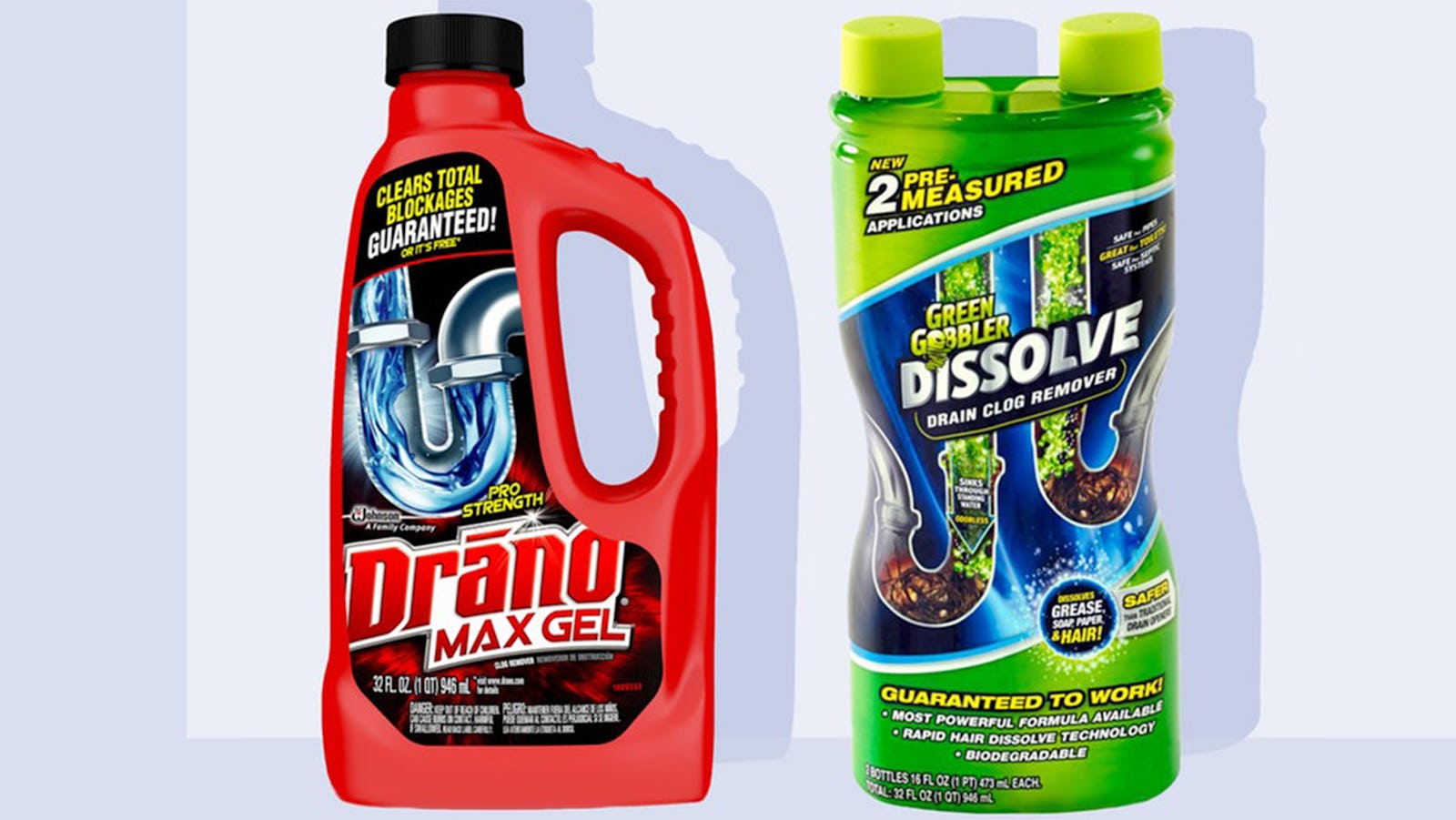
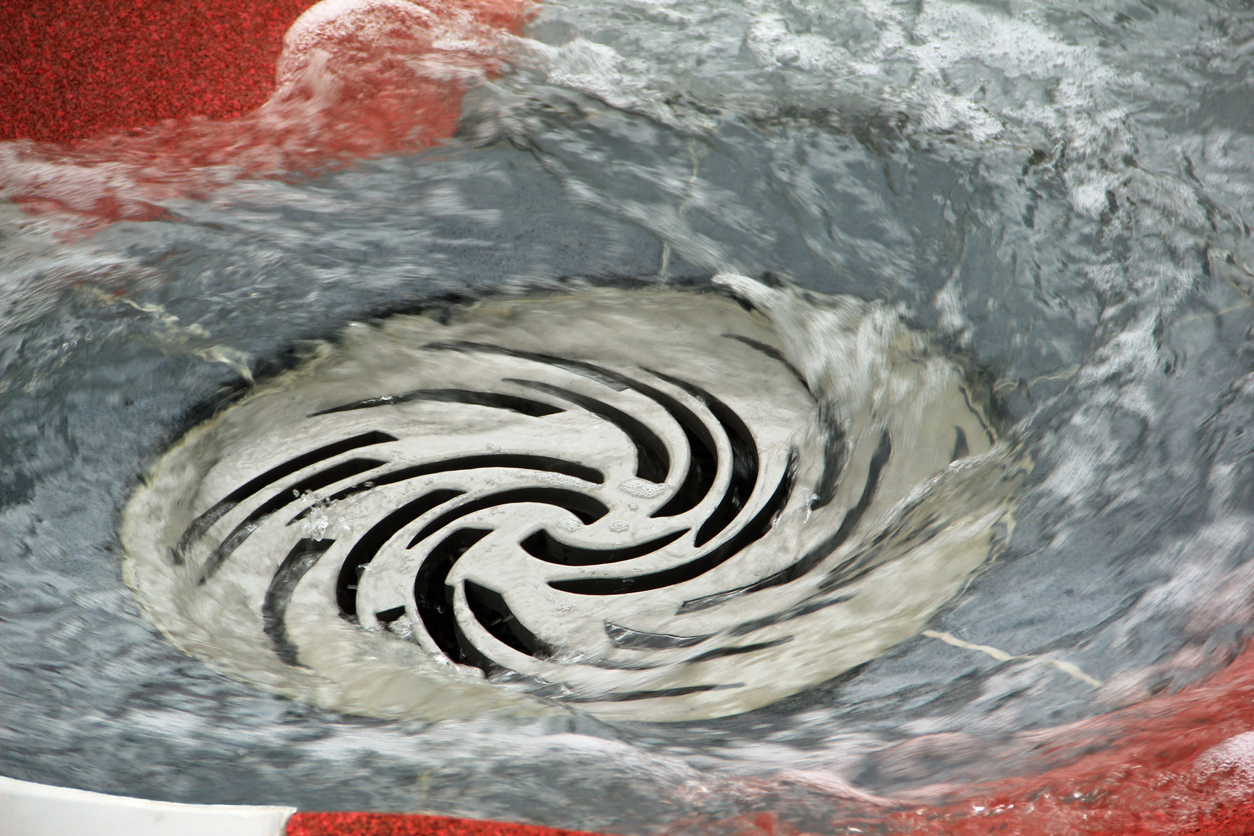

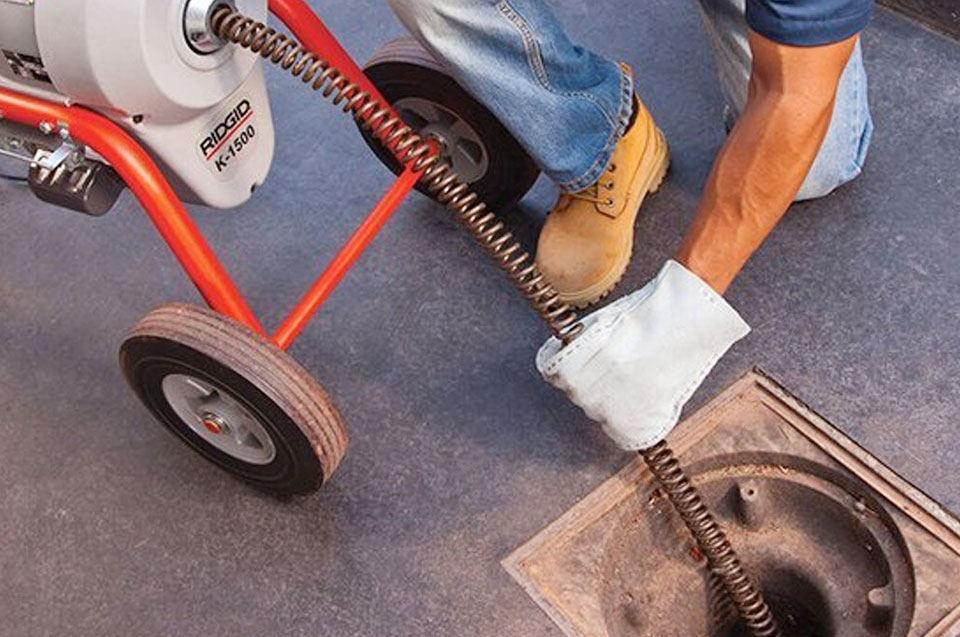
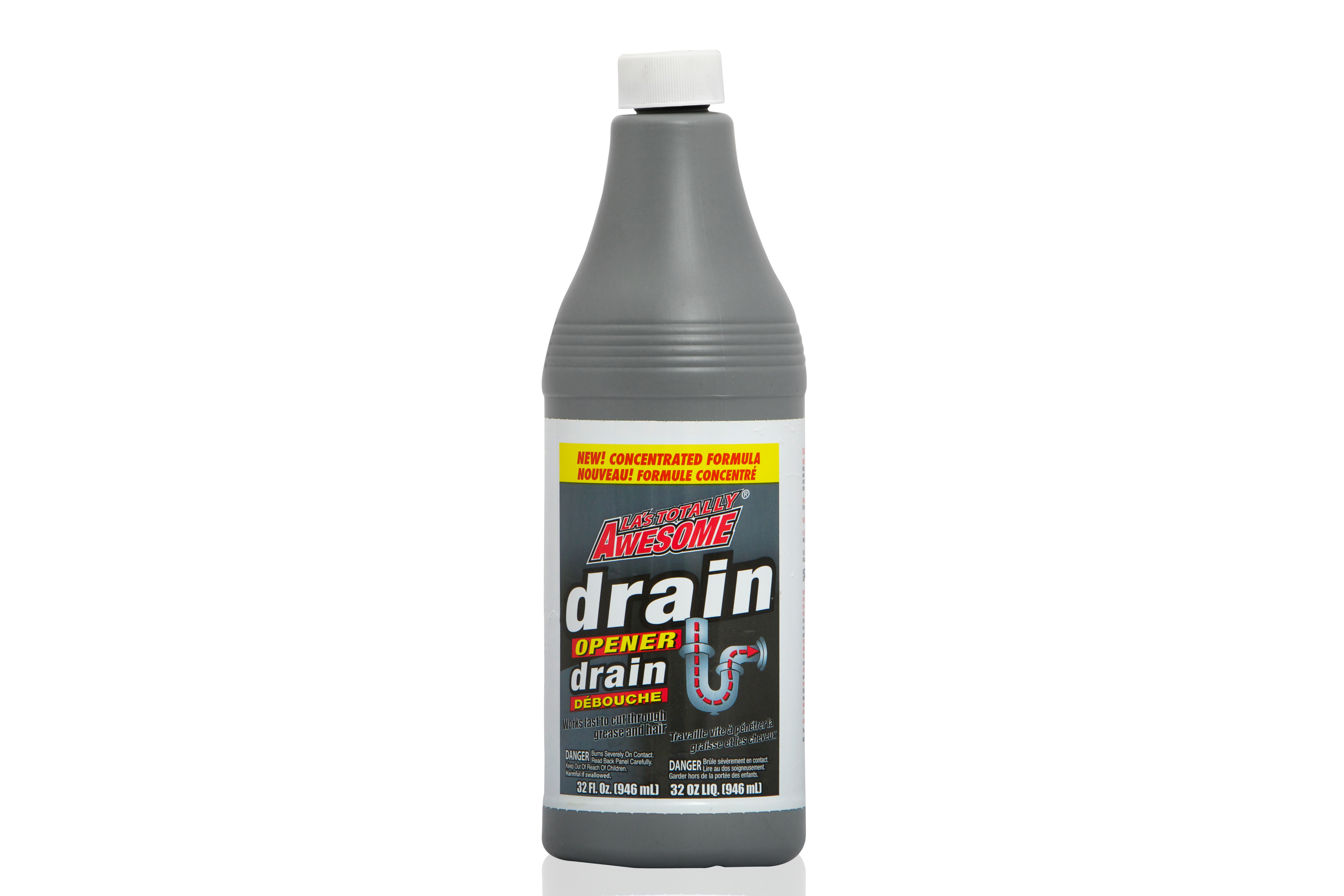

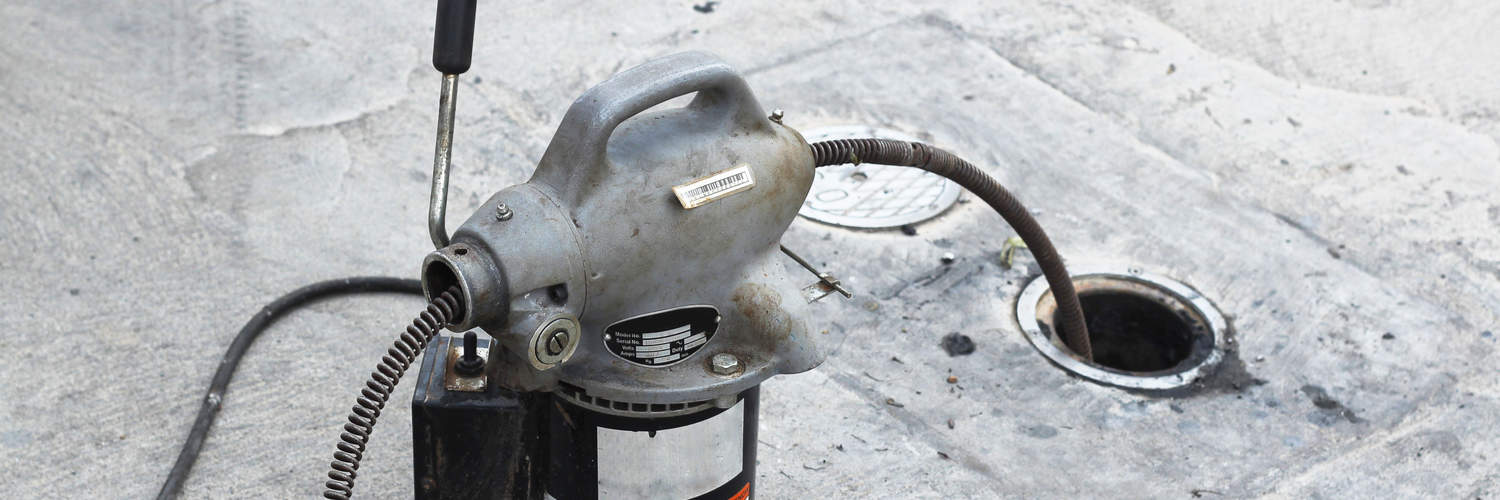
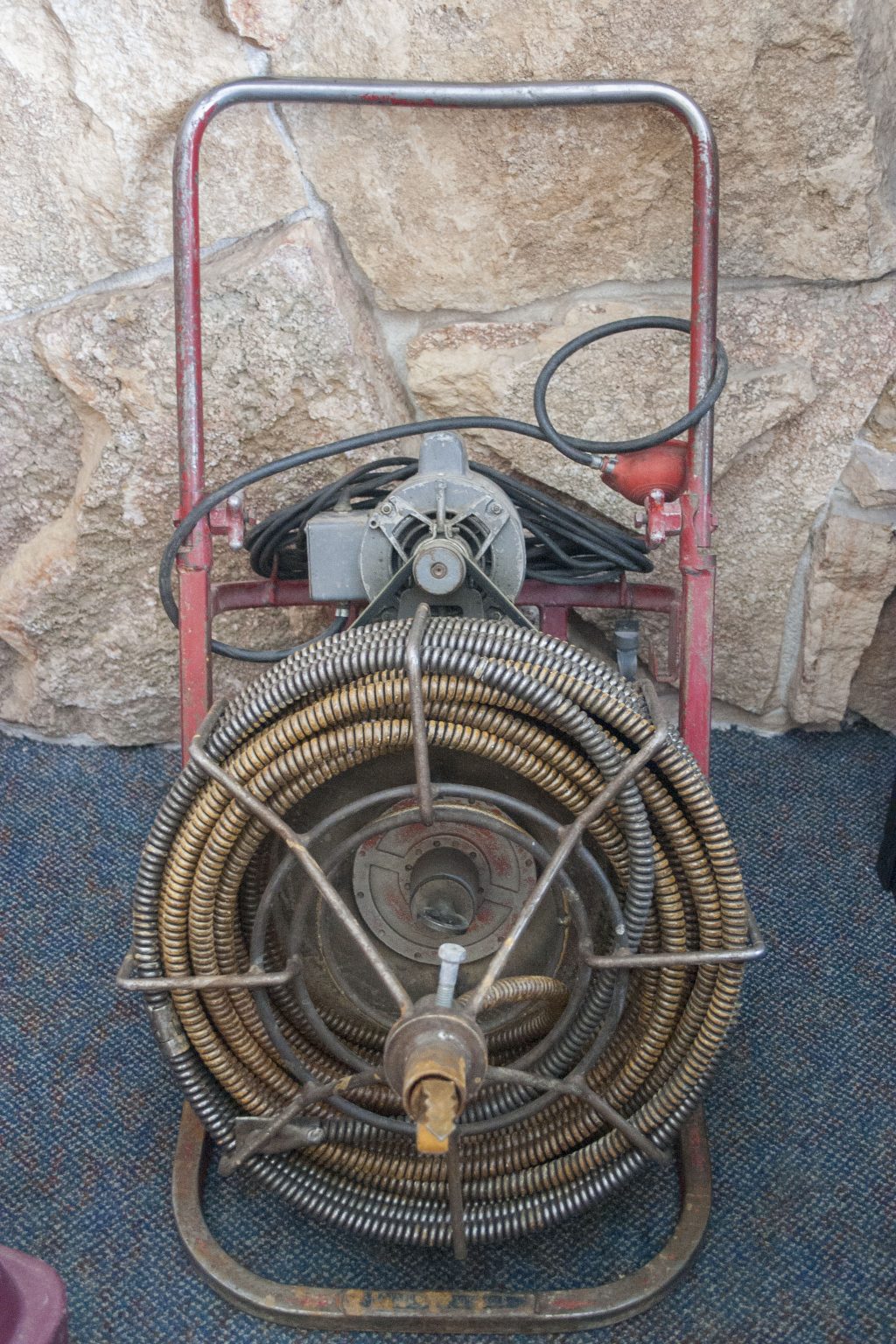



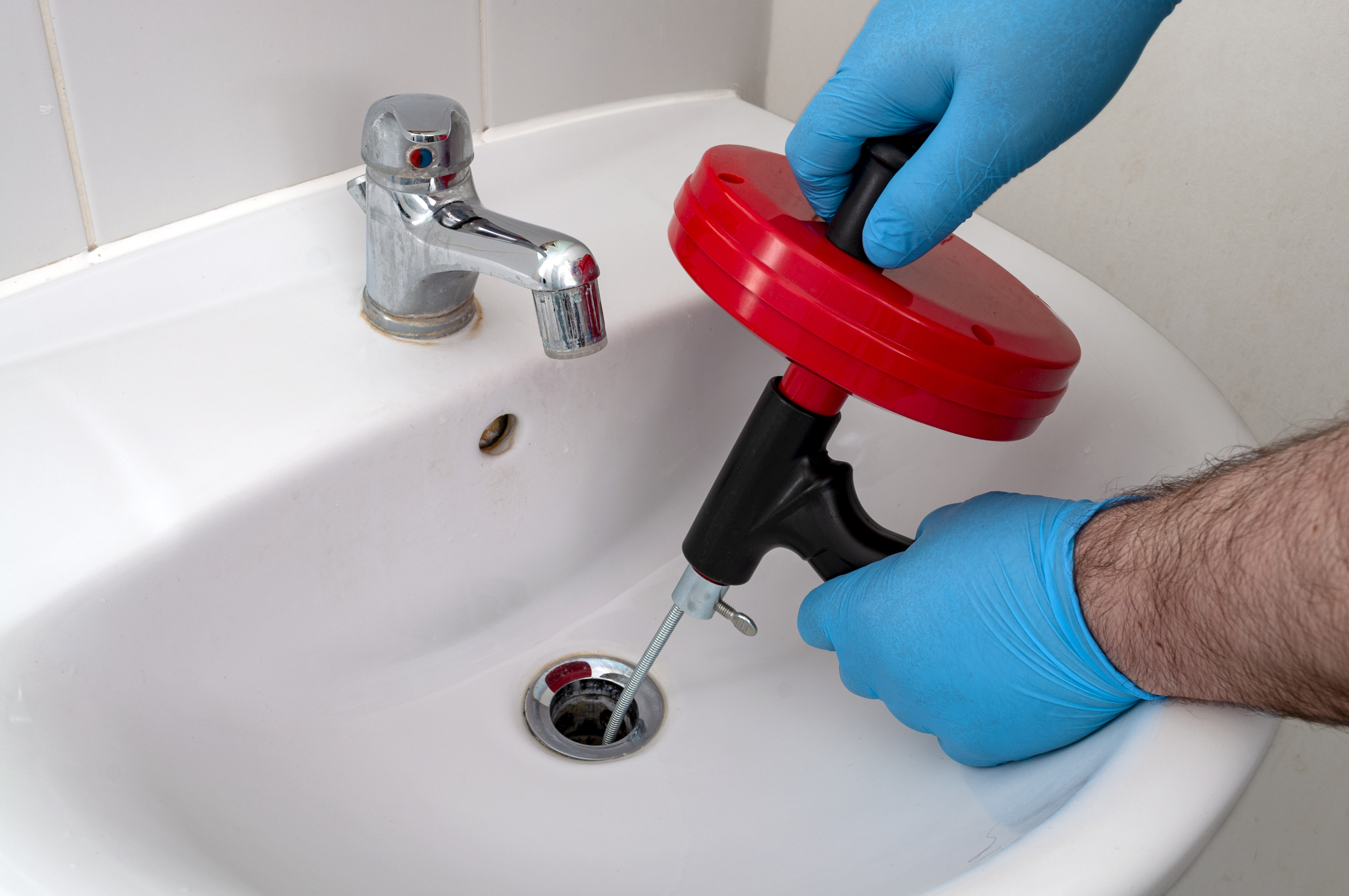



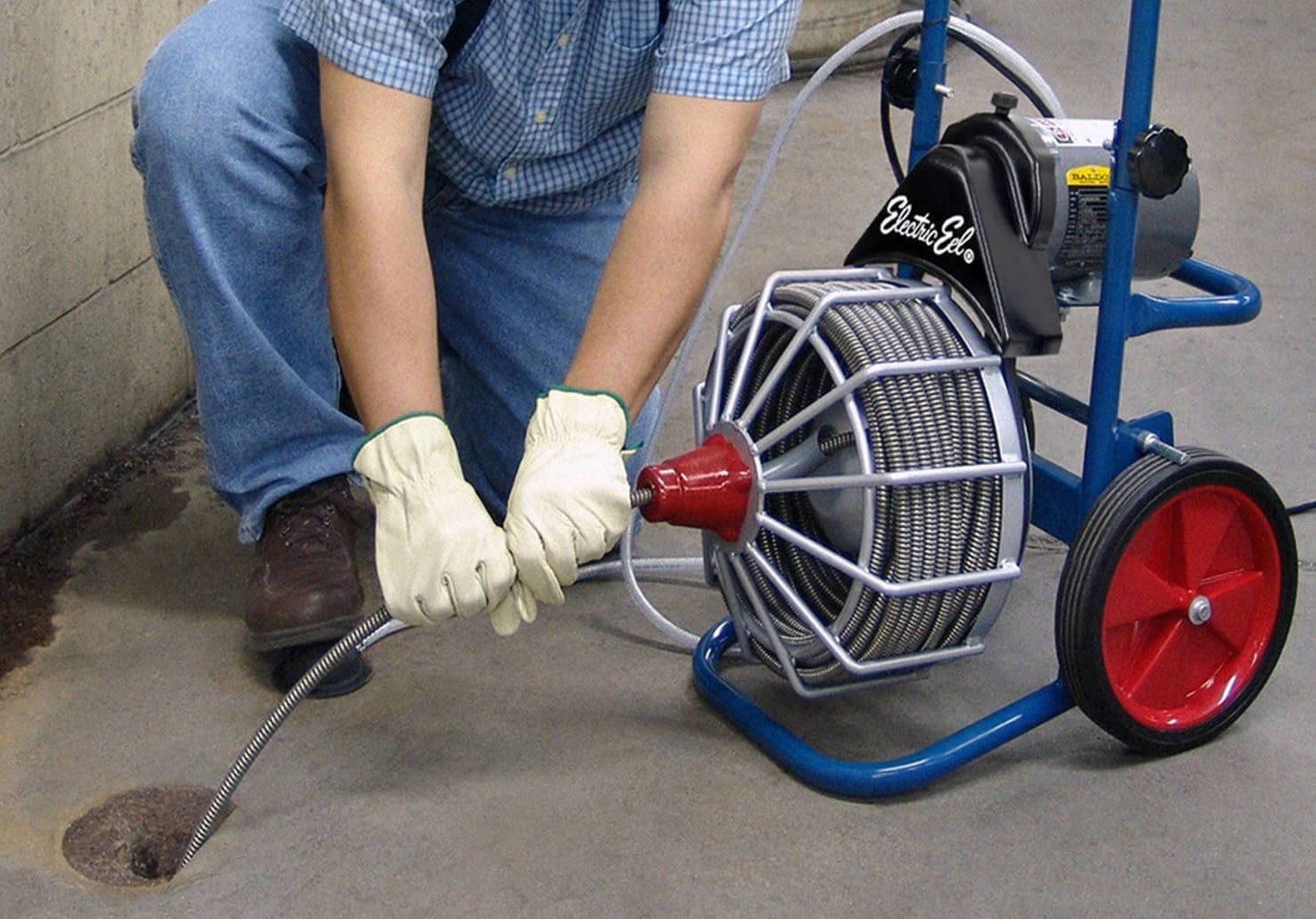



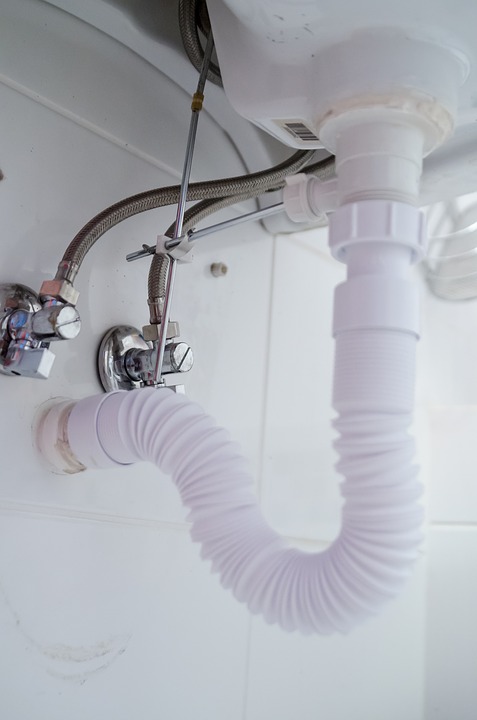
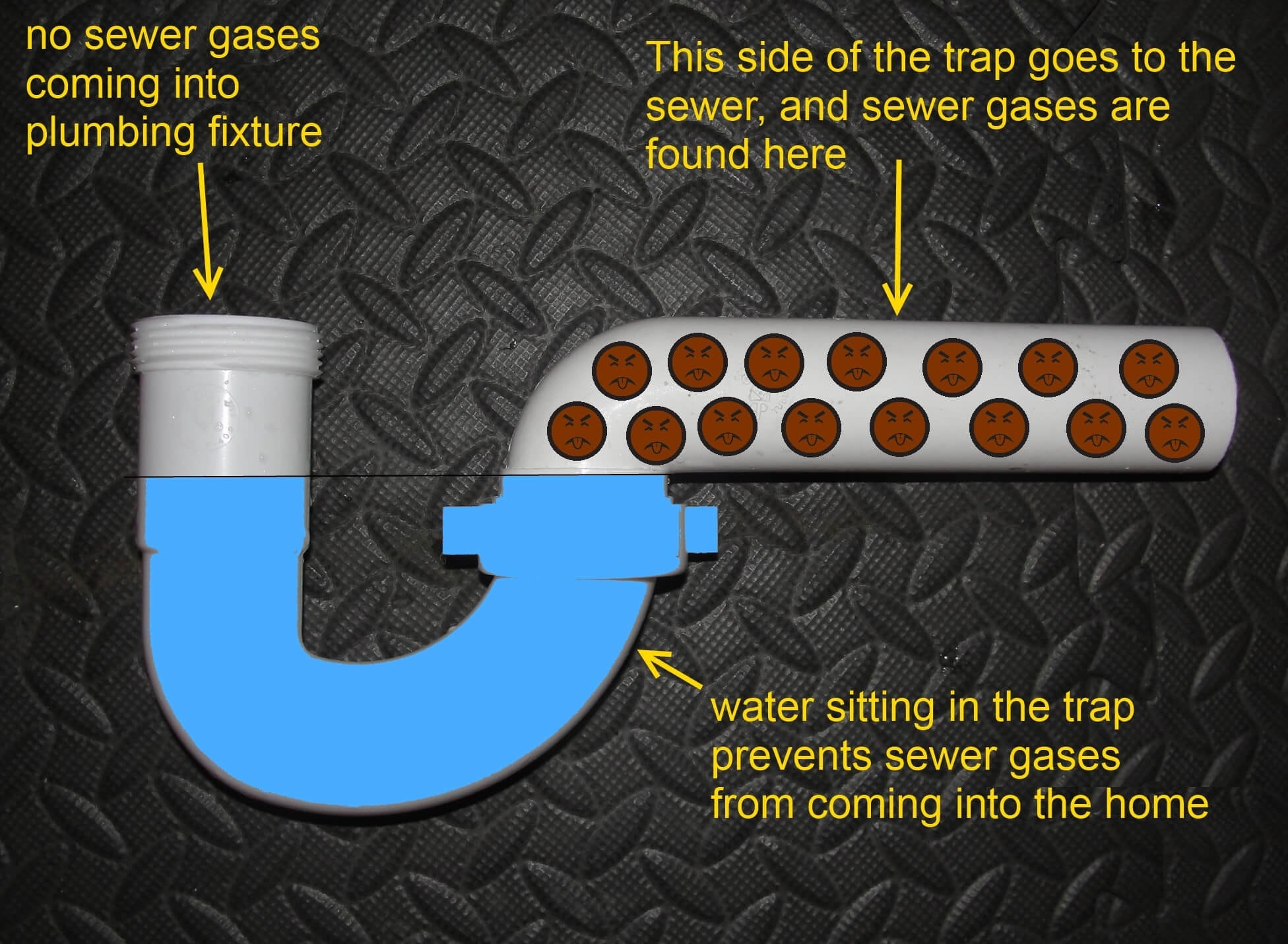



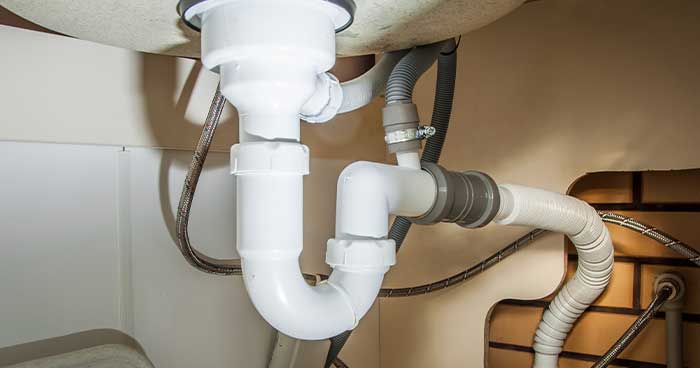
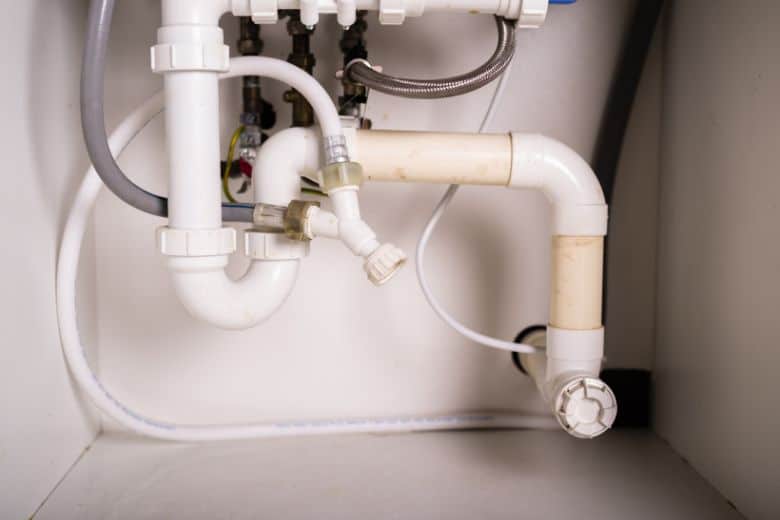



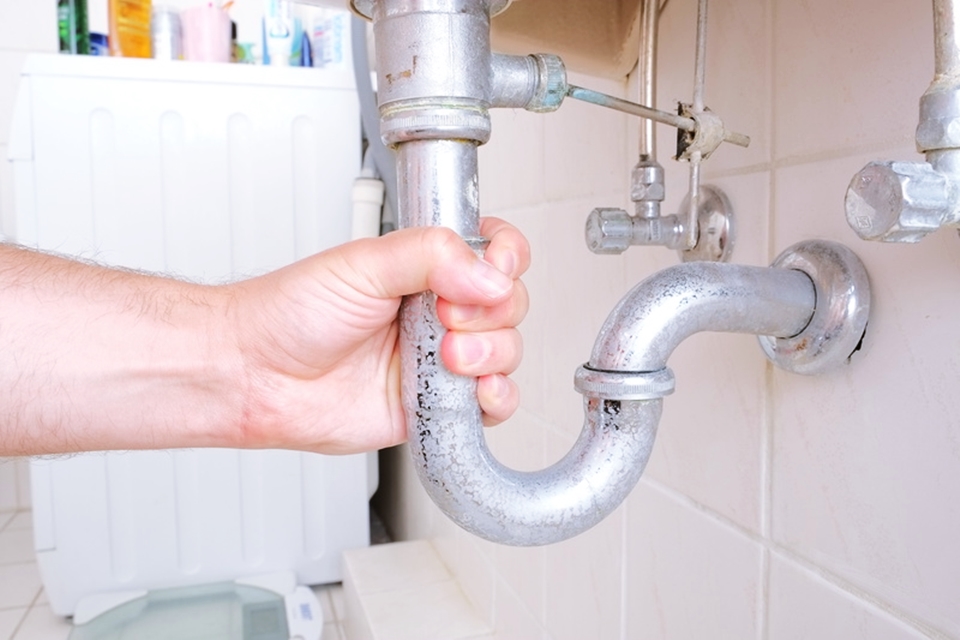
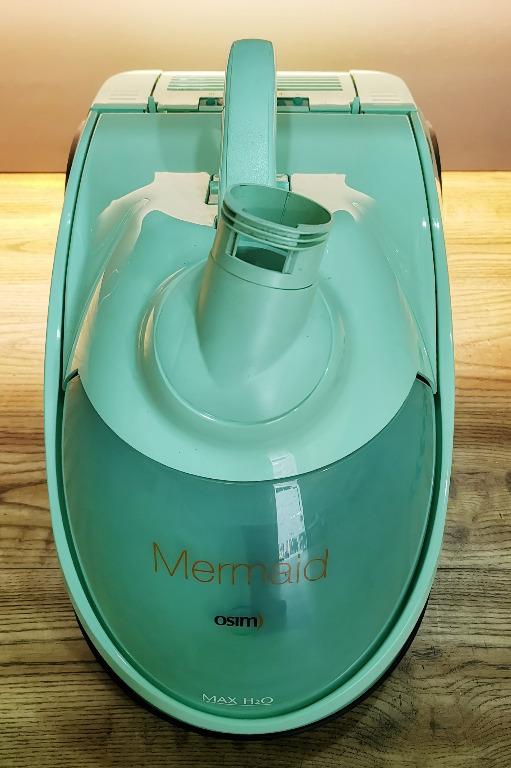


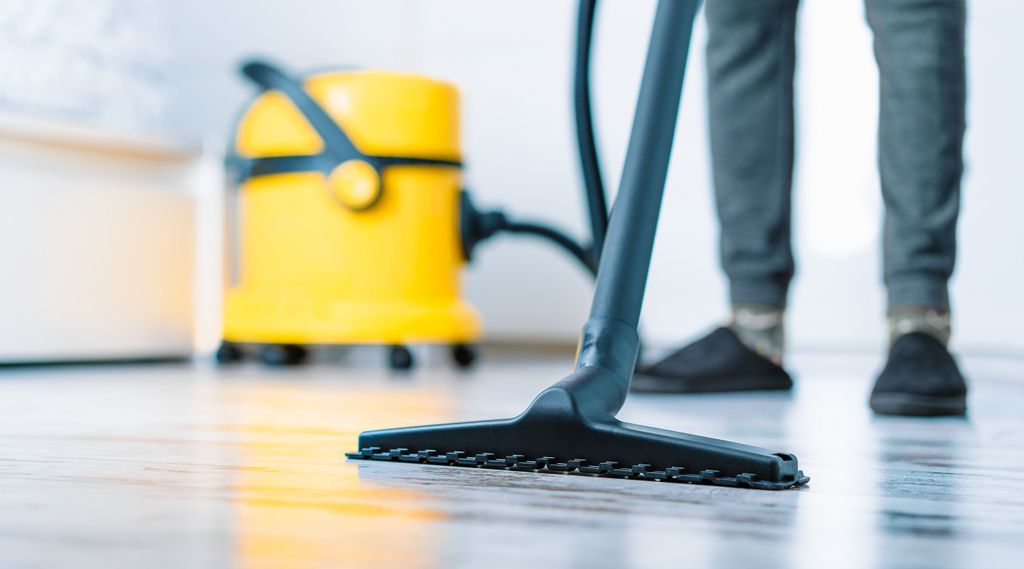
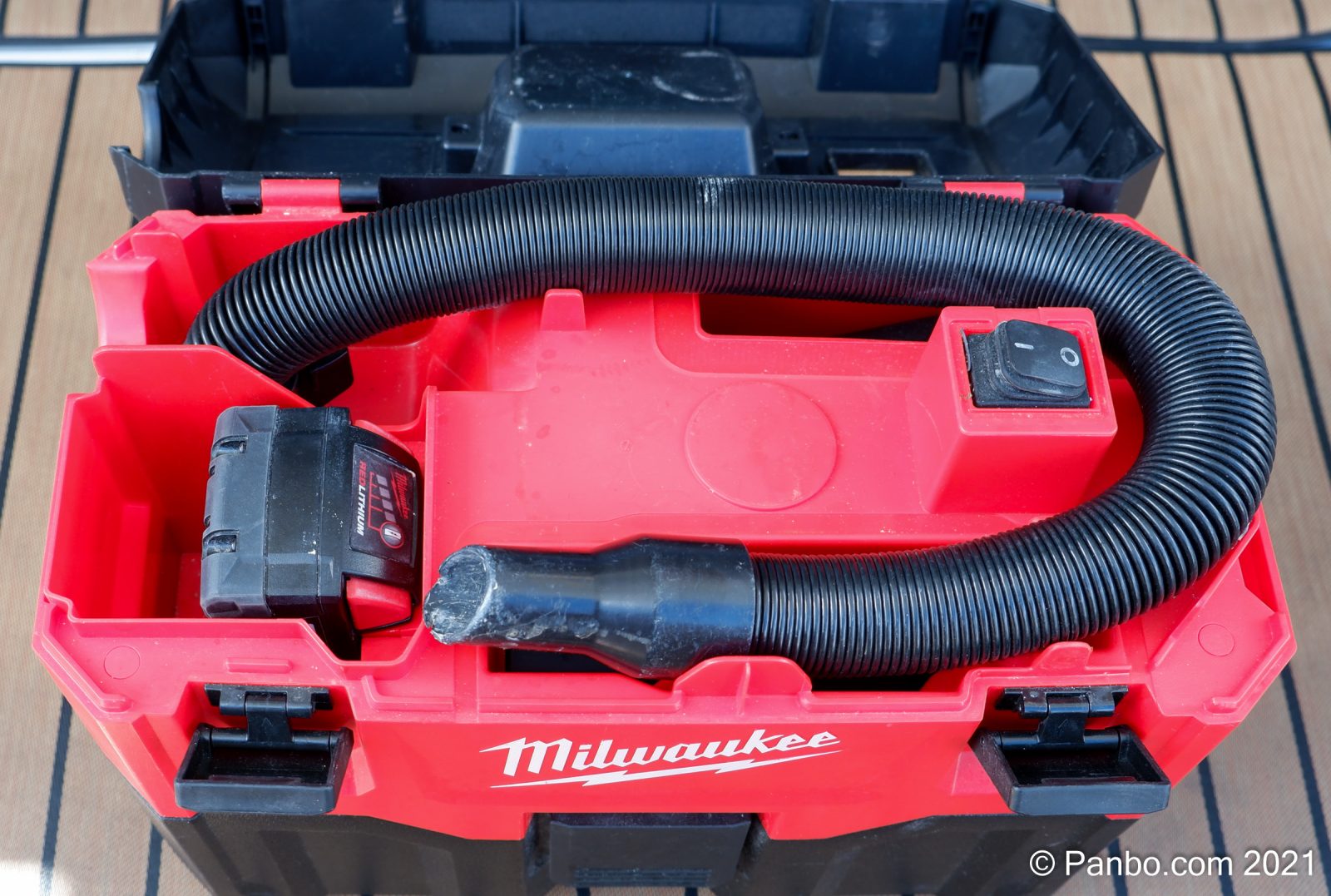




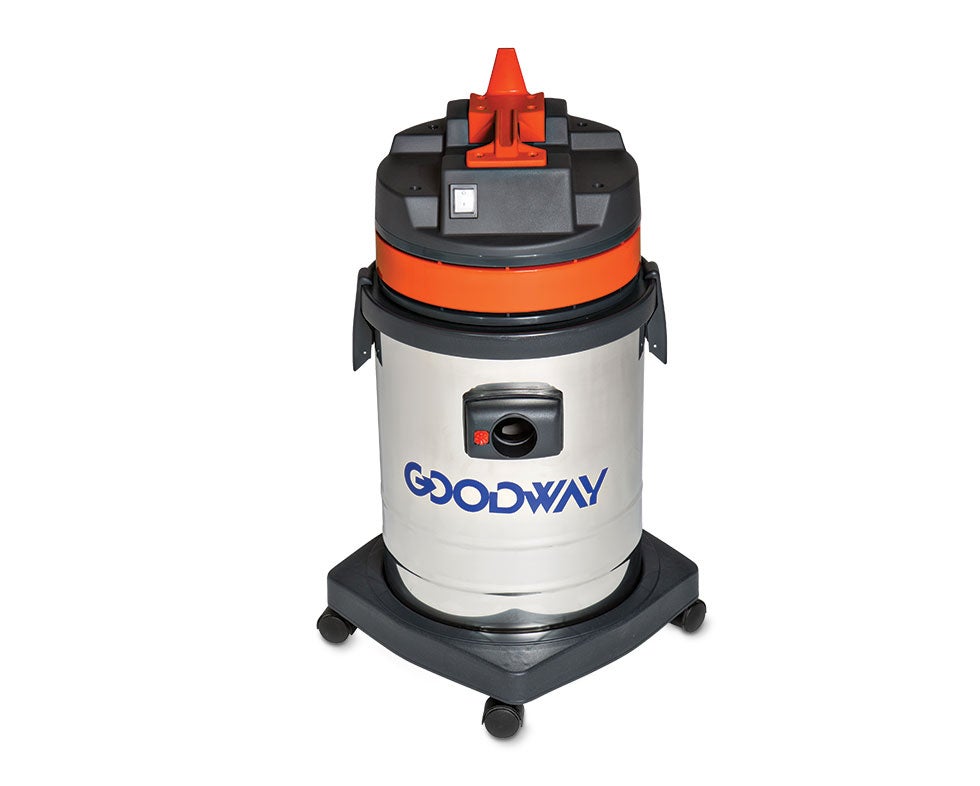
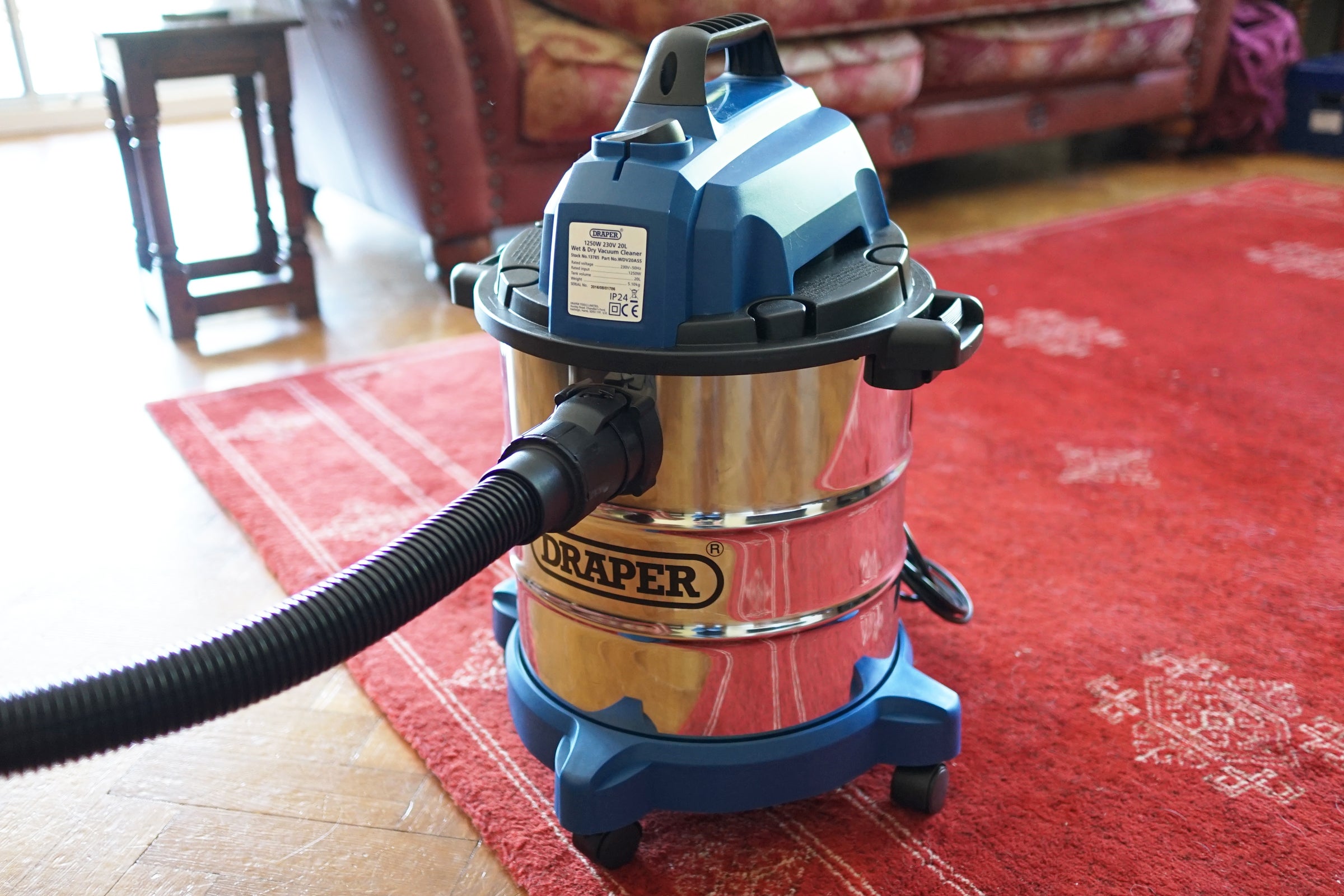
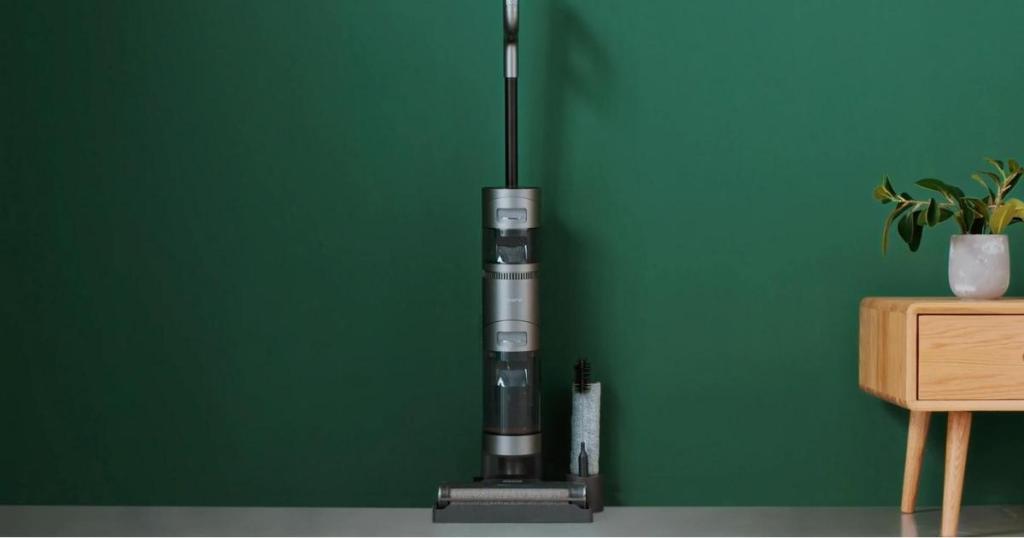




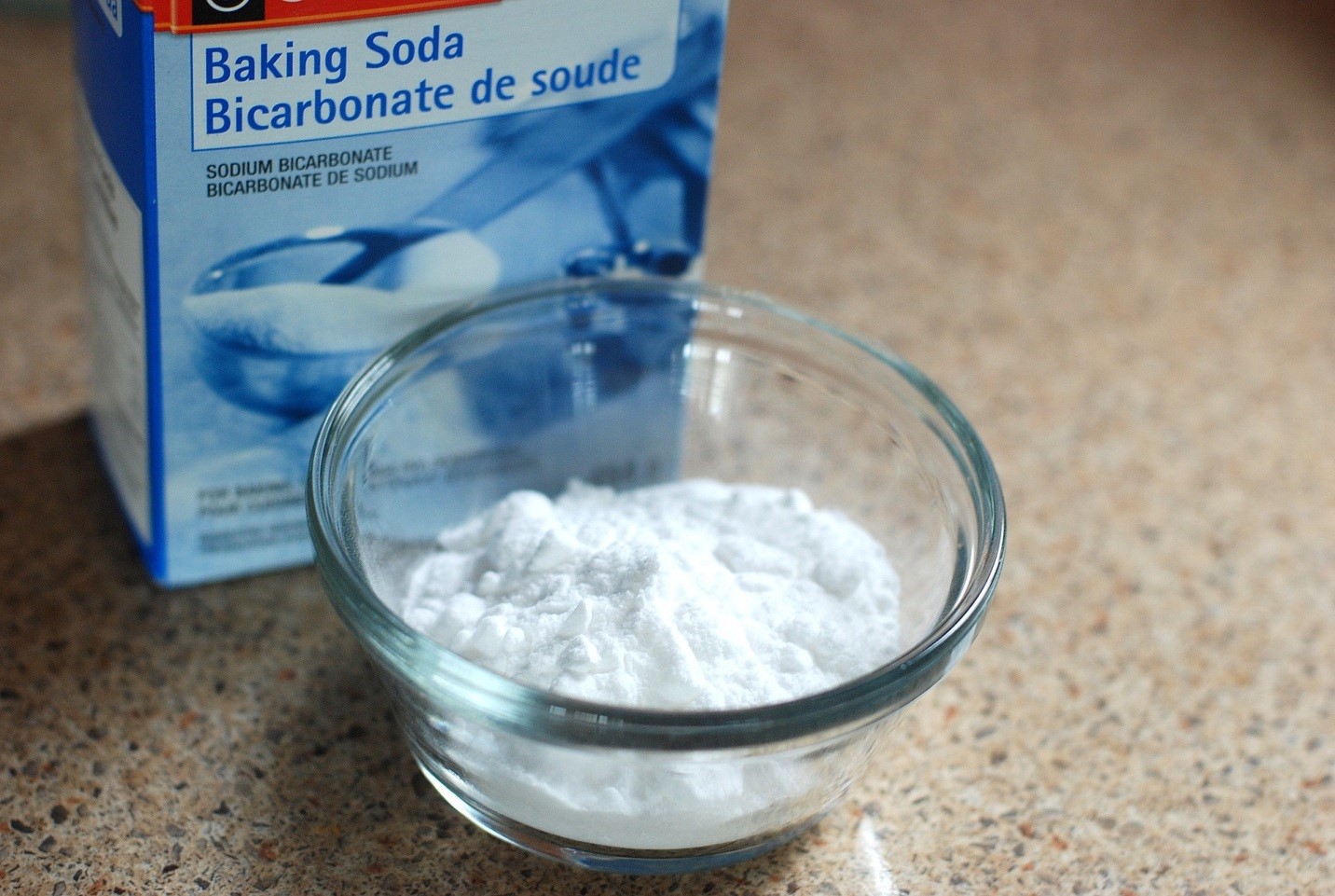

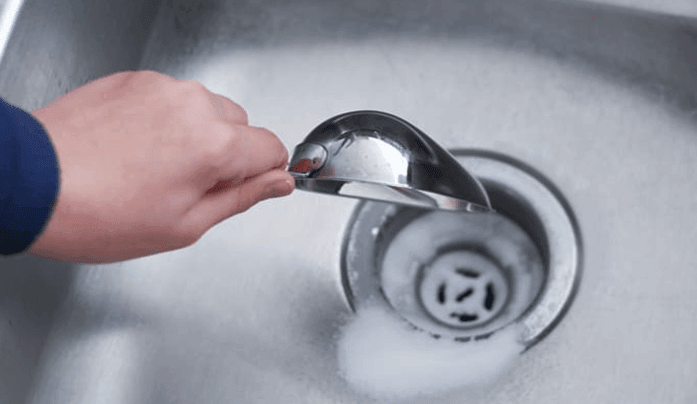
:max_bytes(150000):strip_icc()/freshen-and-unclog-drain-with-baking-soda-1900466-18-1a5b5da01939471ca8f8823865bd1ce8.jpg)
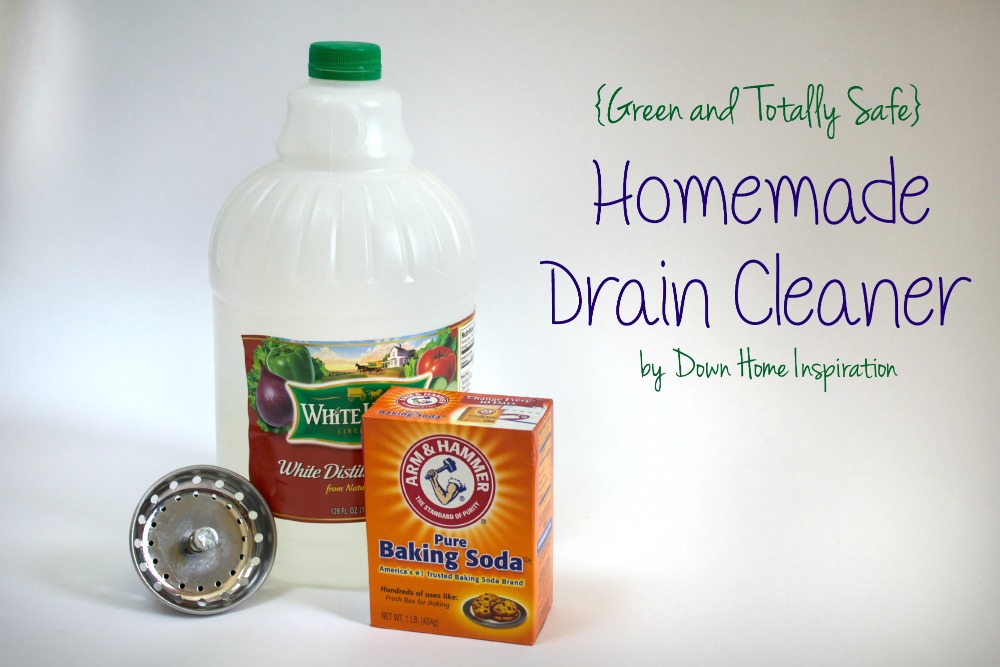

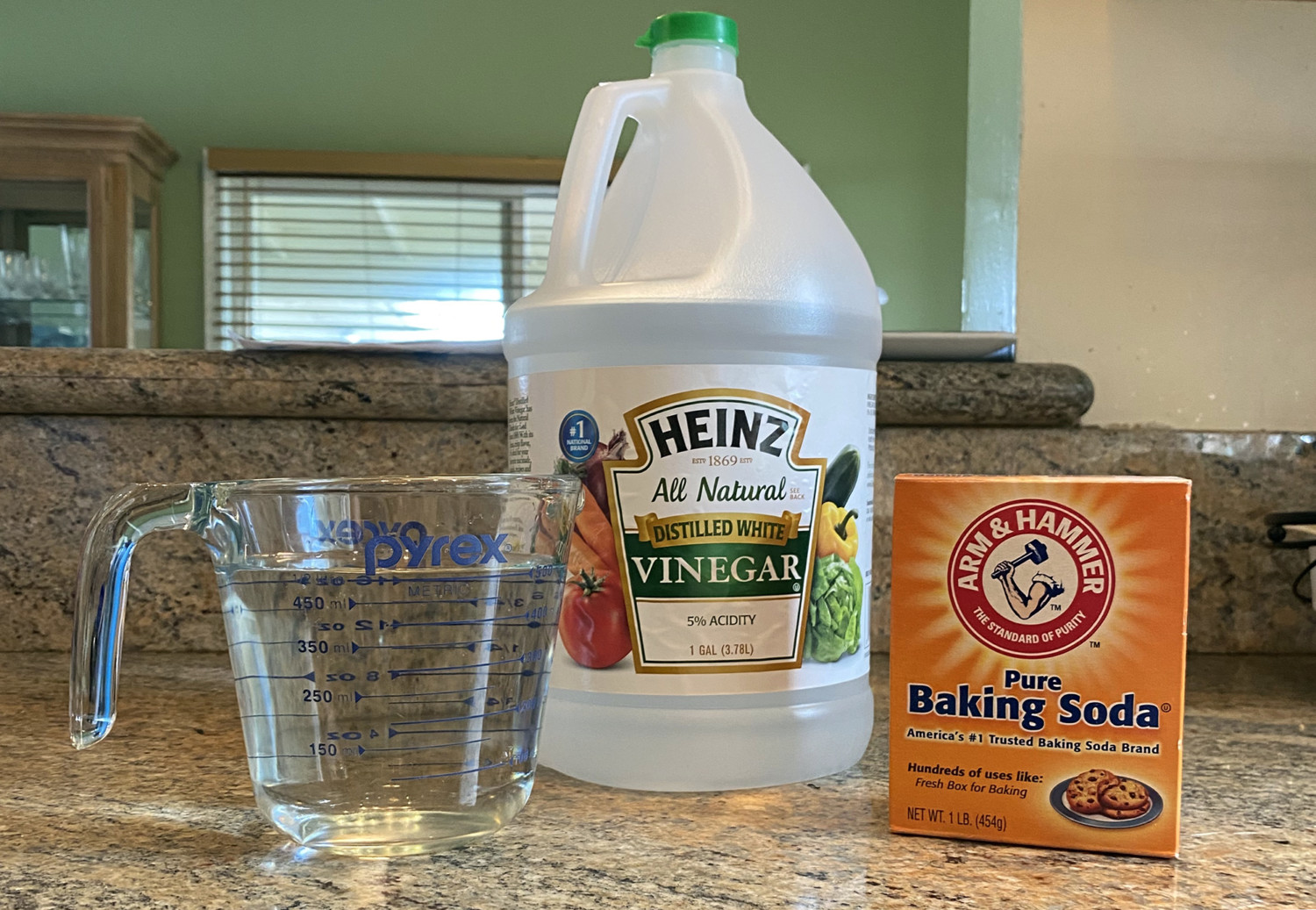
:max_bytes(150000):strip_icc()/freshen-and-unclog-drain-with-baking-soda-1900466-15-166f69a0d4ee4cad85a0f221bf3fdcd0.jpg)
